
Assessing Candidates’ Soft Skills in Maritime Recruitment
You assess your seafarers' skills & qualifications in an interview but how much attention do you pay to their soft skills? Here's why it matters.
Read morePosts about maritime recruitment software and actionable marine recruitment tips and strategies for Crew Managers, Recruitment Officers and Manning Agents.

You assess your seafarers' skills & qualifications in an interview but how much attention do you pay to their soft skills? Here's why it matters.
Read more
What is candidate ghosting and why do you need to ensure you don't do it? Here's how maritime recruitment software can help you avoid the issue.
Read more
Fed up of seafaring candidates vanishing during your hiring process? Here's how you can make maritime recruitment easier with crewing software.
Read more
Are your Recruitment Officers, Crew Managers and Heads of Department onboarding your new seafarers properly? Read our blog to find out.
Read more
In maritime recruitment your time to hire is vital. You’ve crew change over dates to meet and it’s crucial you make the deadlines. But if you’re facing an uphill battle when it comes to filling your seafarer job vacancies in a timely fashion, it’s time to take a look at what may be slowing you down.
Read more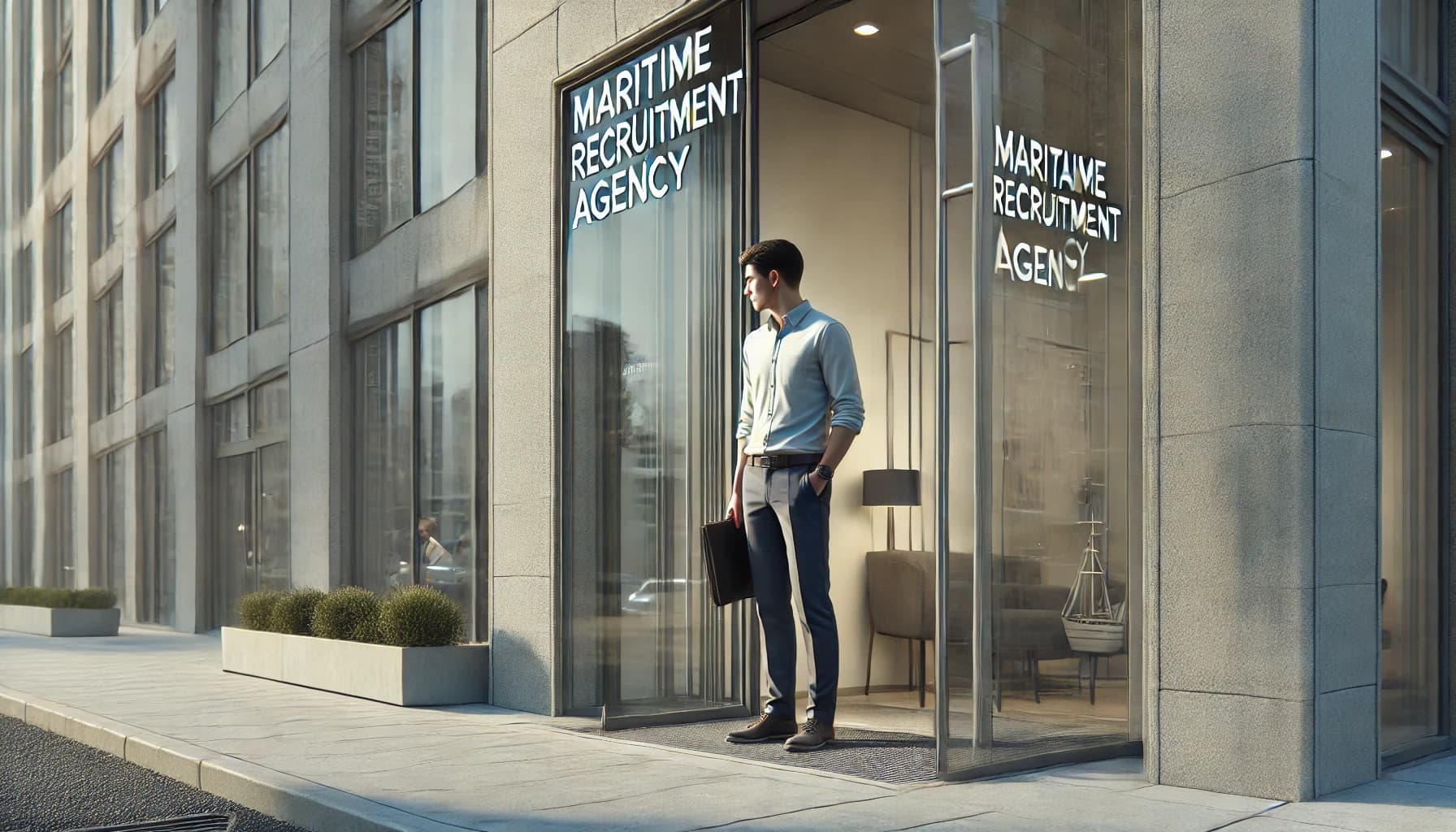
Wondering if YOUR shipping company should outsource your crew hiring needs to a specialist maritime recruitment agency? Read our blog to find out
Read more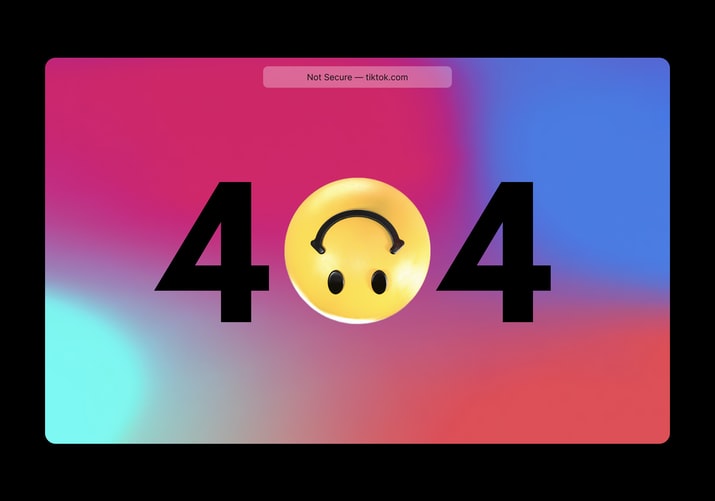
If you’re not using Martide to advertise your jobs at sea you’re neglecting a huge number of seafarers who use us to find their next contract.
Read more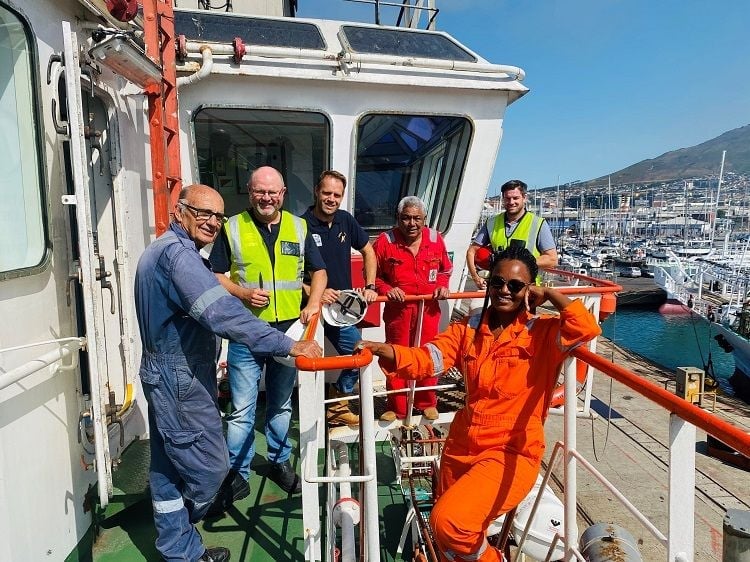
For an internationally competitive and massive industry, the maritime sector still has a thing or two to improve regarding genuine diversity and inclusivity
Read more
You need to stay one step ahead of shipping industry trends in maritime recruitment. But what are those trends and how can YOUR business keep up?
Read more
If you work in maritime recruitment you need to know these 2025 recruitment trends. From digital platforms to AI, tech in recruitment is big news
Read more
One thing being talked about in recruitment for seafarer jobs at the moment is candidate experience. The theory is that by improving this and engaging better with potential employees, you’ll be more likely to acquire top talent. And one way to do that is to ask better interview questions.
Read more
If your department is still using manual methods and physical filing systems, not only is this far more time consuming and inefficient, it also slows down the hiring process for your seafarers.
Read more
Our maritime crew management system streamlines your crucial ops to make life simpler for Recruitment Officers, Crew Managers and Manning Agents
Read more
Due to the challenges of controlling recruitment activities, managing expenses, planning the rotation and ensuring seafarers well-being, there has been a number of owners who have decided to hand this task over to specialized crewing providers.
Read more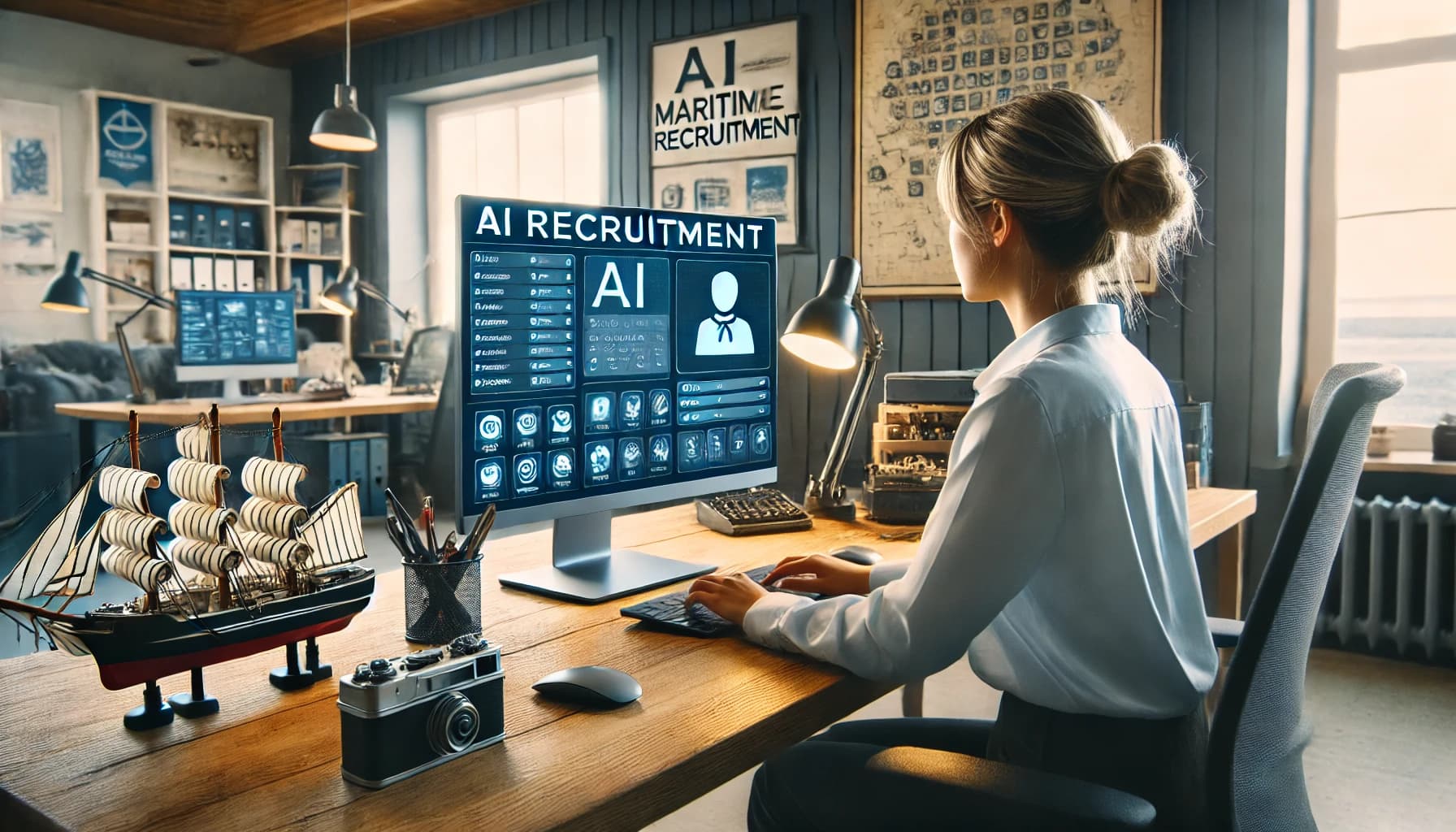
Want a quicker way to advertise your seafarer jobs and make maritime recruitment easier? Find out here how A.I. (and Martide!) can help you.
Read more
Maritime recruitment fairs are great places for shipowners to meet seafarers and cadets and add them to their candidate database. Plus they provide you with stealth opportunities to identify top talent and establish a connection with standout seamen before everyone gets their hands on them!
Read more
Take a look at our blog post about the features Martide's crewing system, crew planning and maritime recruitment platform has for manning agents.
Read more
Martide’s maritime recruitment platform is intuitive and easy to use for manning agencies in the industry and it makes finding seafarers for your clients simpler. This blog explains how to submit a candidate to open seafarer jobs.
Read more
If you've realized that a fake manning agency is advertising YOUR maritime jobs to unsuspecting seafarers, you need to take action. Here's how.
Read more
Diversity and inclusion is important in all workplaces, so how do you achieve that within your maritime recruitment & crew planning teams?
Read more
Smartphones, apps and being able to do virtually everything while we’re on the move are, quite simply, a way of life nowadays. And that also means that today’s job seeker expects to be able to find their next job or contract on their mobile device too.
Read more
Do you ever find it hard recruiting for your seafarer jobs? Does anything frustrate you? Hate sorting through all the seafarer resumes? Well there are ways to minimize the time you spend screening whether resumes are paper or online. All you need is a little help from Martide and technology!
Read more
The paperless office is something that most workplaces aspire to be. Eliminating, or at least, reducing, the amount of paper you use is not just better for the planet, it’s also kinder on your budget too when you remove the need to purchase paper, printer ink and even files and folders.
Read more
Maritime recruitment and crew planning saw huge challenges during COVID-19. But what were the issues faced and the lessons learned? We look back.
Read moreSometimes Skype won't cut it: you need to talk to candidates for your open jobs at sea in person. You’ll be able to save time by sending your applicant an interview invitation email template. Here's how to write one.
Read more
As a manning agent you can send messages and respond to the employers / clients you work with, as well as any of the seafarers in Martide’s system, using our in-built messaging feature. Here's how to get the most from your inbox.
Read more
If you're a Crew Manager who works remotely, remote maritime recruitment can have its challenges. Read on to find solutions to those challenges.
Read more
Are you a small to medium sized shipowner or manager who is fed up of tearing your hair out over the stresses of trying to fill your vacant jobs at sea? Martide's ultimate guide to filling your vacancies should help!
Read more
From sourcing seafarers to scheduling interviews to checking documents and finding suitable candidates in time to meet change over dates, your to-do list is often a long and overwhelming one. Here are some tips that will help you save time and reduce your stress levels!
Read more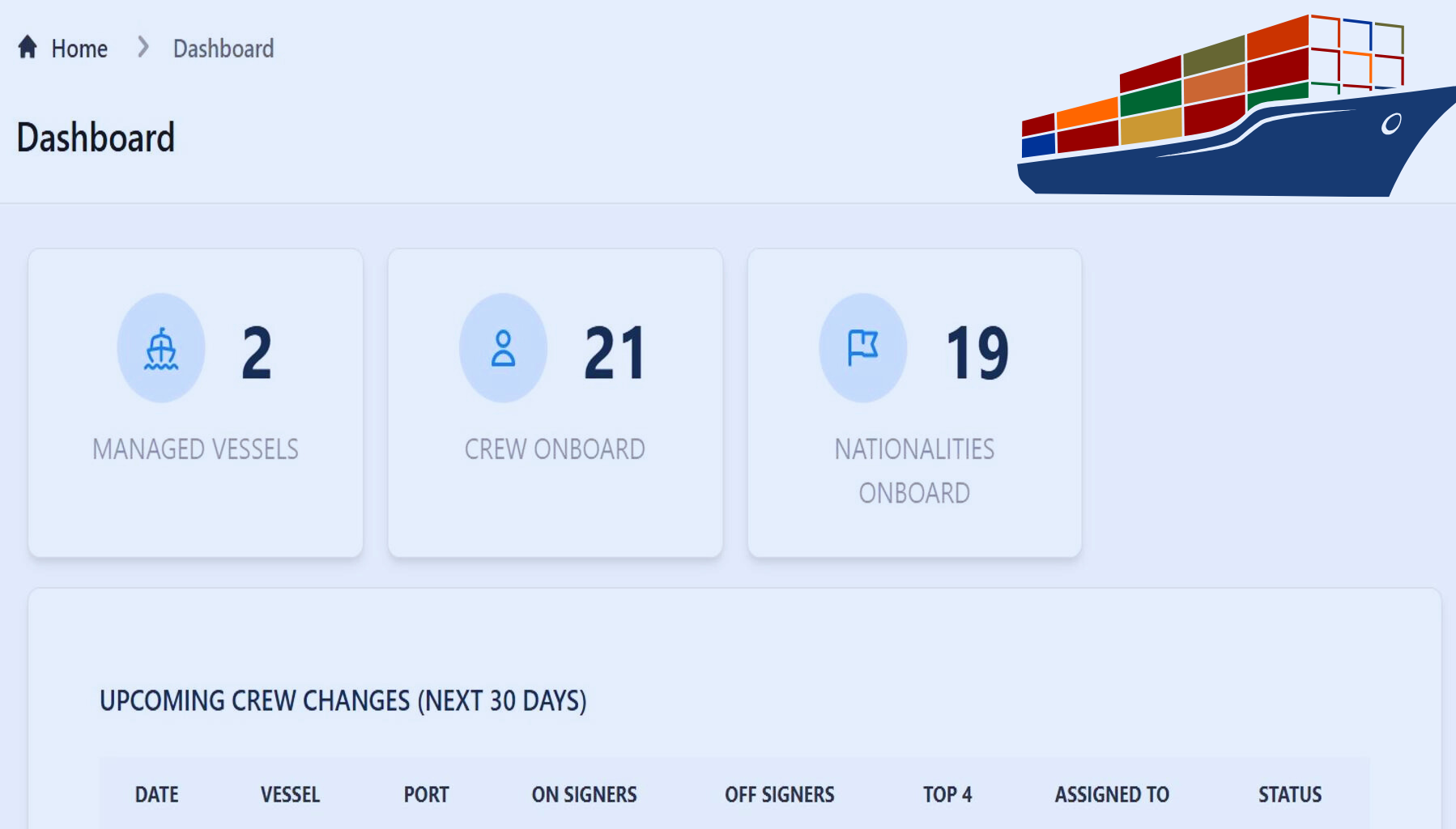
If you’re a shipowner or crew manager, the first thing you see when you log in to Martide is your Dashboard. This gives you instant visuals of everything that's happening with your vessels, crew and crew change overs.
Read more
Is crew retention an issue in your small to mid sized shipping company? Do you struggle to fill seafarer jobs and hold on to seamen once the contract is over? If the crew you hire are defecting to your competitors you have a problem. One way to solve that is to implement a crewing software solution.
Read more
As a shipowner or crew manager you may wonder how you get started on our platform. We work hard to ensure our crewing and maritime recruitment management solution is user friendly but we want you to get the most out of Martide so here we’ll take you through the steps to create your Company Profile.
Read more
Martide’s maritime recruitment software helps shipowners and managers streamline their candidate sourcing, interviewing and hiring processes. From the moment you post a job to the minute you hire a recruit, we’re with you every step of the way. We’ll walk you through the process to get you started.
Read more
7 best practices for maritime recruitment to equip you with the insights you need to navigate the seas of successful seafarer sourcing.
Read more
It’s no secret many shipping companies struggle with employee and crew retention. Indeed, it’s no secret many companies, in any industry, have problems recruiting and retaining staff. So what can be done to tackle this? After all, losing crew to your competitors is not only annoying, but costly too.
Read more
Growing your candidate database can be hard and though there may be plenty of seamen who are looking for jobs at sea, not all of them might make the grade. Of course you want licensed and qualified crew onboard your vessels, but are you being too picky when it comes to hiring for your seafarer jobs?
Read more
We don’t believe in one-size-fits-all at Martide. We believe it’s your maritime recruitment platform and you should be able to find the ideal crew member for your open seafarer jobs. So we created Recruitment Pipelines where you can add as many or as few steps to your Pipeline as you need.
Read more
Struggling with maritime recruitment? Looking for a more up-to-date way of finding and hiring seafarers? Learn how keywords and filters can help.
Read more
As a small to medium-sized shipowner or manager, you know maritime recruitment can be stressful. But the good news is, there’s a way you can minimize the stress (and expense) of constantly trying to find new seafarers. You just need to develop an effective maritime recruitment process. Here’s how.
Read more
Want to know how Martide makes money even though we make maritime recruitment free for Crew Managers & Manning Agents? We tell you the secret here!
Read more
In maritime recruitment you need your team to be as efficient as possible. Our 11 tips (and our crewing system!) help boost collaboration.
Read more
If you’re thinking about implementing an employee referral scheme in your shipping company to help fill your seafarer jobs, it’s only going to work if you know how to motivate your staff to participate in it. So just how do you go about doing that? Martide has the answers.
Read more
Enterprise Resources Planning (ERP) software makes maritime recruitment easier by automating admin and tasks, making them less time-consuming.
Read more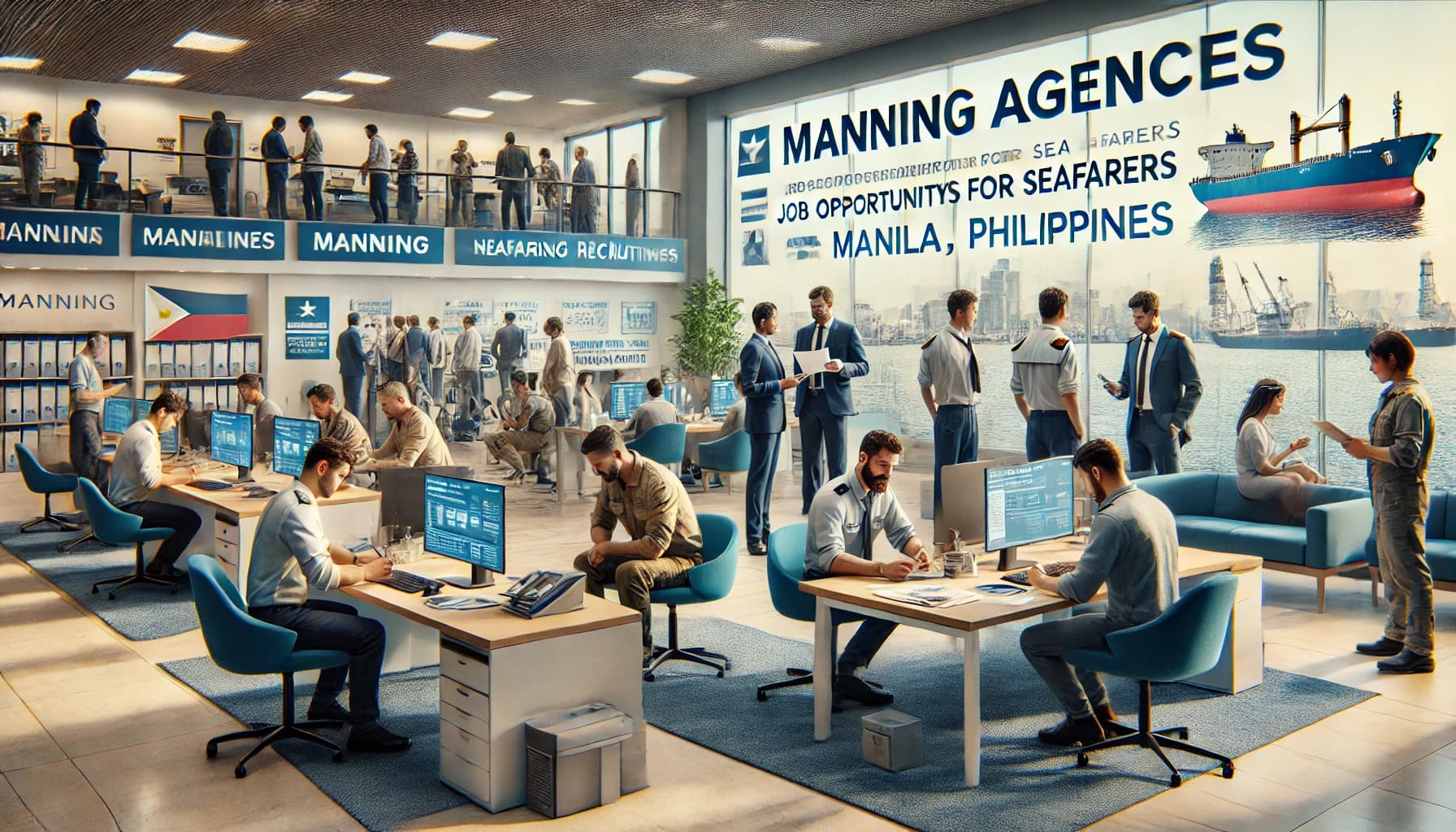
As a maritime recruitment company we know the average employee changes their job every four to five years. That’s not long to stay with a company that's invested in the recruitment and training of new hires planning. The question is not only how to attract top talent but how to retain it?
Read more
In the shipping industry it's often more convenient to interview candidates for your maritime jobs over the phone or by video call given the distances involved. Here's how to write a video or phone interview invitation email template to invite candidates to a call.
Read more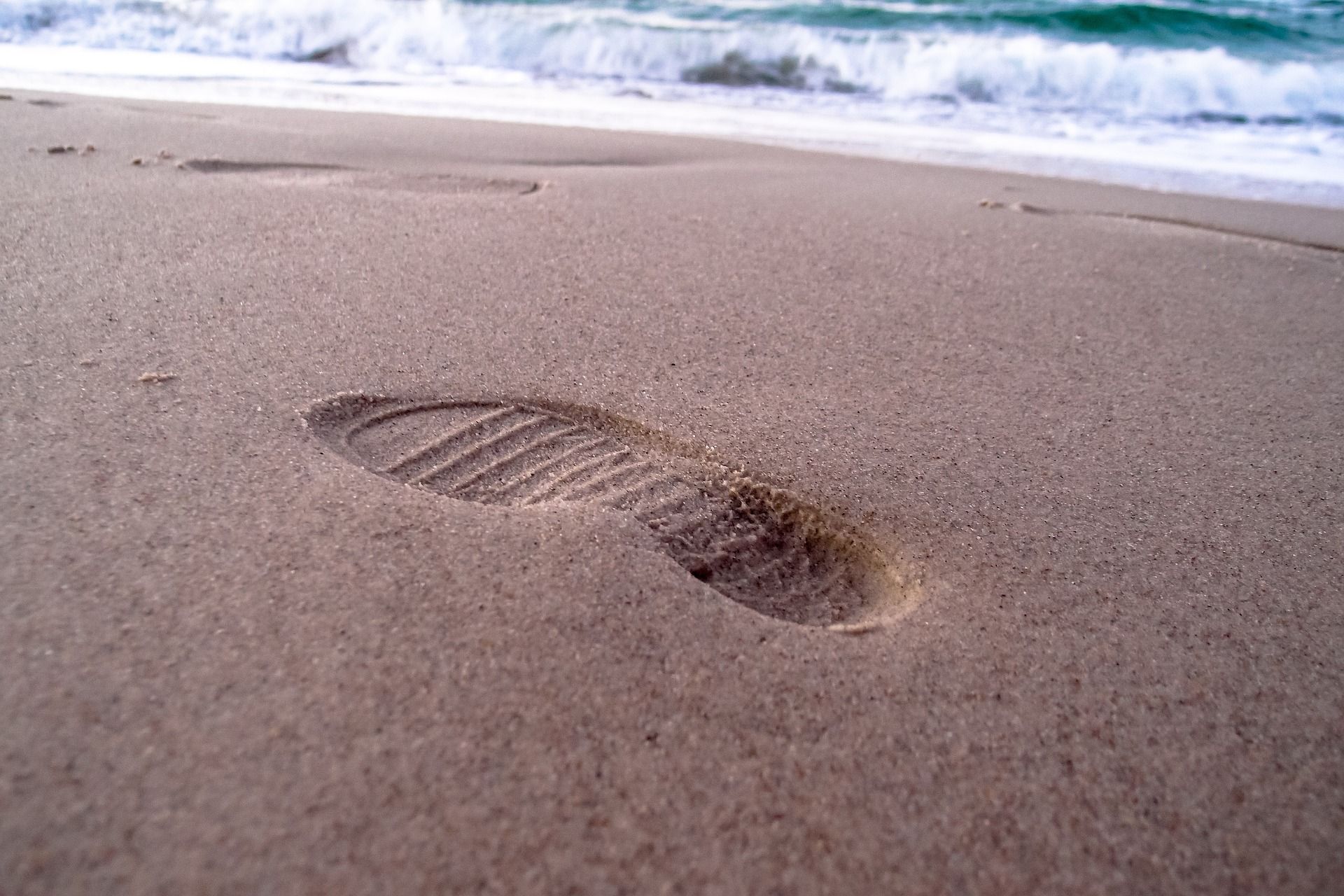
Applicant tracking systems (ATS) aren’t exactly breaking news, but in the world of maritime recruitment they can be an absolute lifesaver when it comes to sourcing candidates, keeping track of applications, and knowing exactly which stage of the recruitment process a seafarer is at any given time.
Read more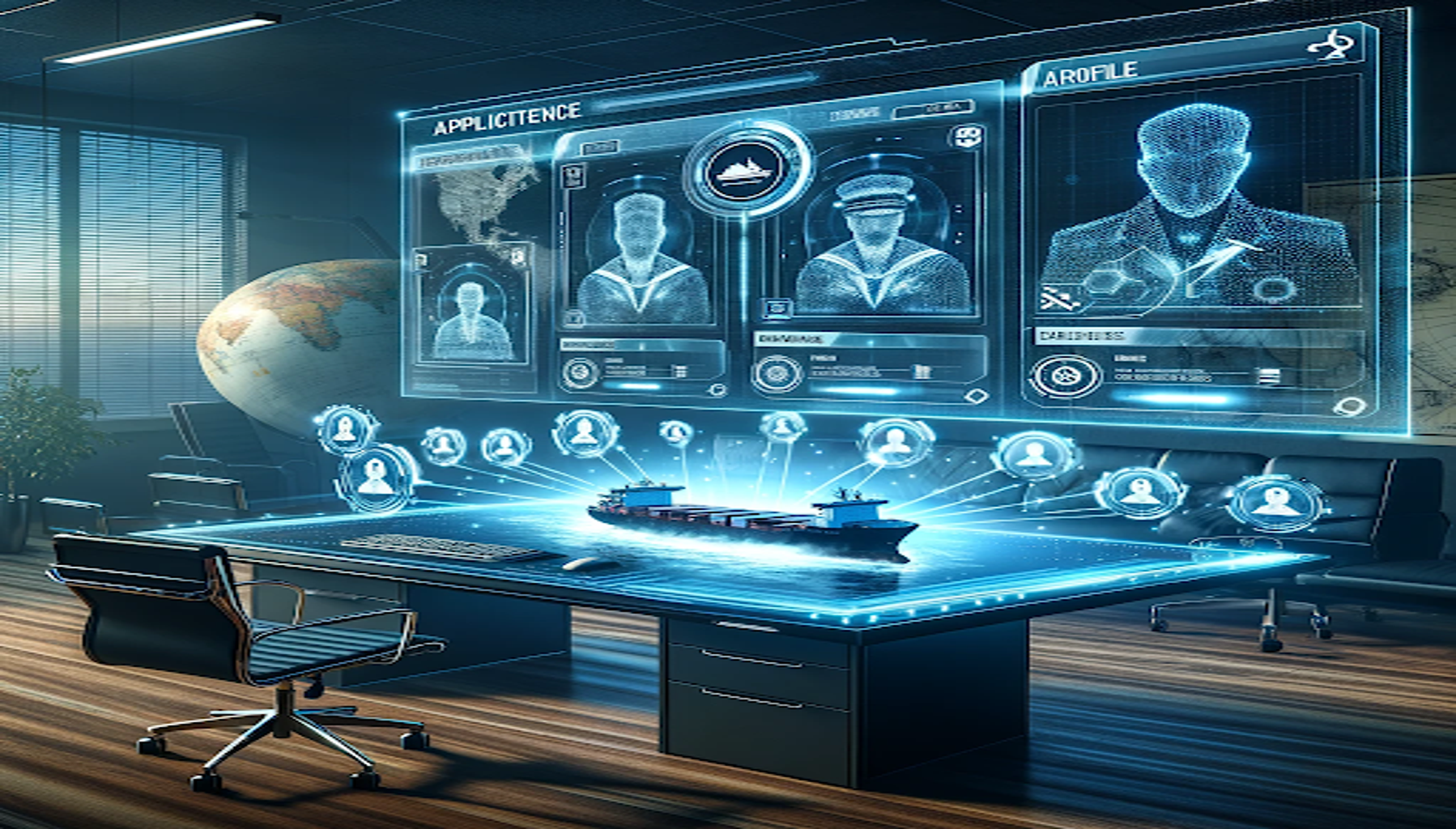
Are you a crew manager or manning agent that needs a marine applicant tracking system that runs your maritime recruitment? You need Martide!
Read more
Sourcing candidates for your vacant jobs at sea by email can be broken down into cold candidate outreach and referred outreach. This step-by-step guide looks at how to write maritime recruitment email templates for both methods to make your life less stressful and your time to hire shorter!
Read more
Are you posting adverts for maritime jobs but not attracting the number of applicants you expected? A shortage of candidates is a headache for shipowners and manning agents. You know seafarers are out there but why aren’t they biting your arm off for a chance to work for your company?!
Read more
You’re hiring for your open seafarer jobs and your crewing system and maritime recruitment process are working well. Now you’re at the interview stage. Some of your interviewees are great all the way through the interview...but others, well others, might set alarm bells ringing halfway through.
Read more
If you’re a shipowner, ship manager or manning agent we thought you might like to know about a new feature that our Development Team released recently. This handy little hack in Martide’s platform allows you to set a candidate as an ex-crew member.
Read more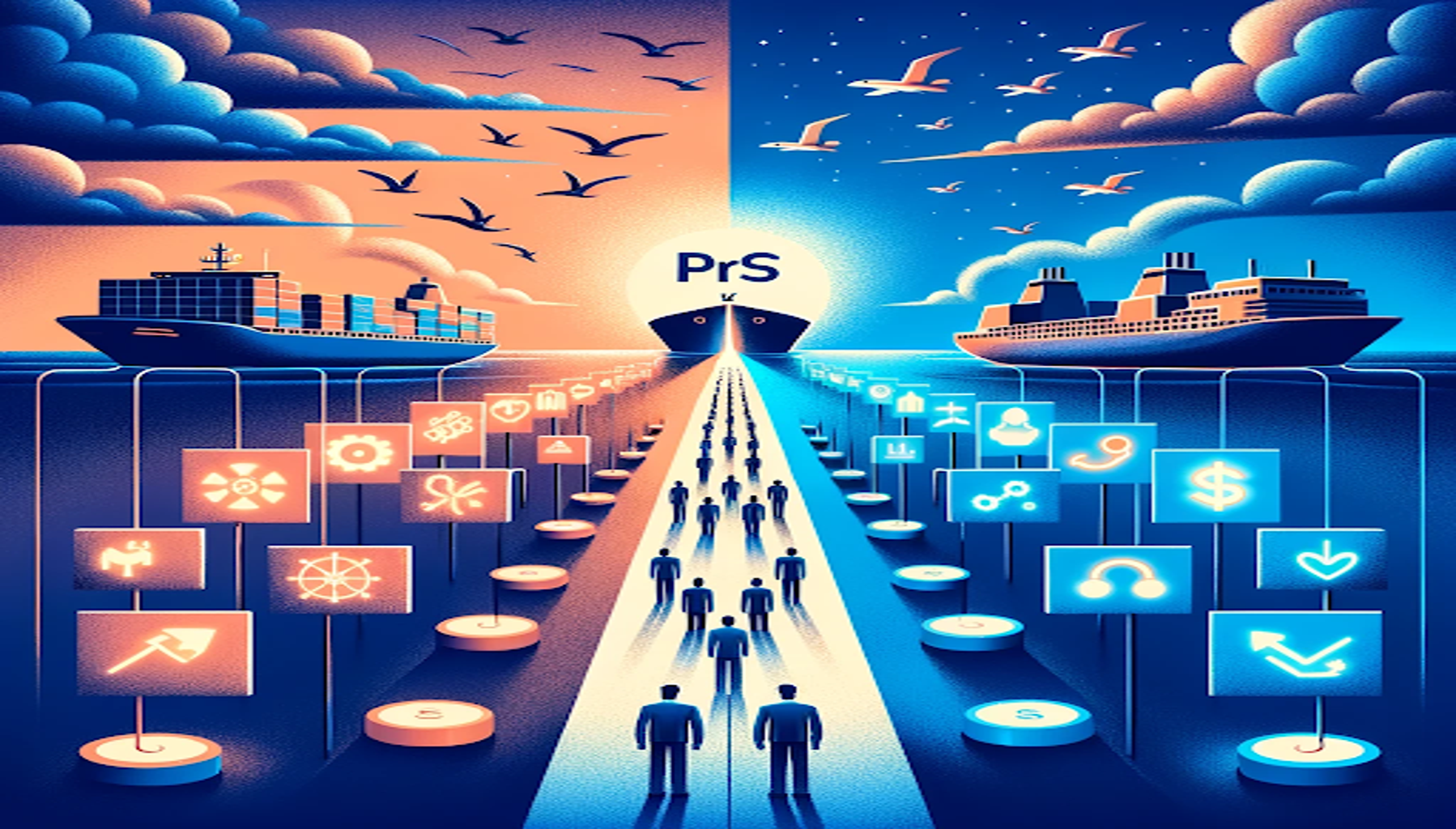
The first thing to do when weighing up any kind of business decision is to create a list of pros and cons so that you can see, almost at a glance, if the solution or product you are considering really will work for you.
Read more
Manning agents have lots of plates to spin to ensure a balance in finding seafarers crewing vacancies and helping shipowners fill open seafaring jobs quickly. In this post we’re giving manning agents in the maritime industry the lowdown on logging into and getting started with their Martide account.
Read more
It can be hard knowing if you’ve found the right person for a job but there are often tell tale signs if an applicant is going to work out in the maritime industry or not. We take a look at what shipowners or managers should watch out for when interviewing seafarers for vacant jobs at sea.
Read more
Are you a shipowner or manning agent tired of how reading endless seafarer resumes is slowing your maritime recruitment processes down? Do you worry the CVs you receive might not be the truth and nothing but the truth? You’re not alone. Recruiters are turning to LinkedIn for the initial screening.
Read more
Are you doing everything you can to attract a new generation of seafarers? Thought you could just place a job ad and wait for applications to roll in? Marine recruitment can be tough! But Martide is here to help - so let’s take a look at what today's seafarers expect from the recruitment process.
Read more
Whether you’re an employer or a maritime recruitment agency, some seafarers you interview might be nervous. Here's how to read body language so you can spot the signs of nerves and not jump to unfair conclusions about a person.
Read more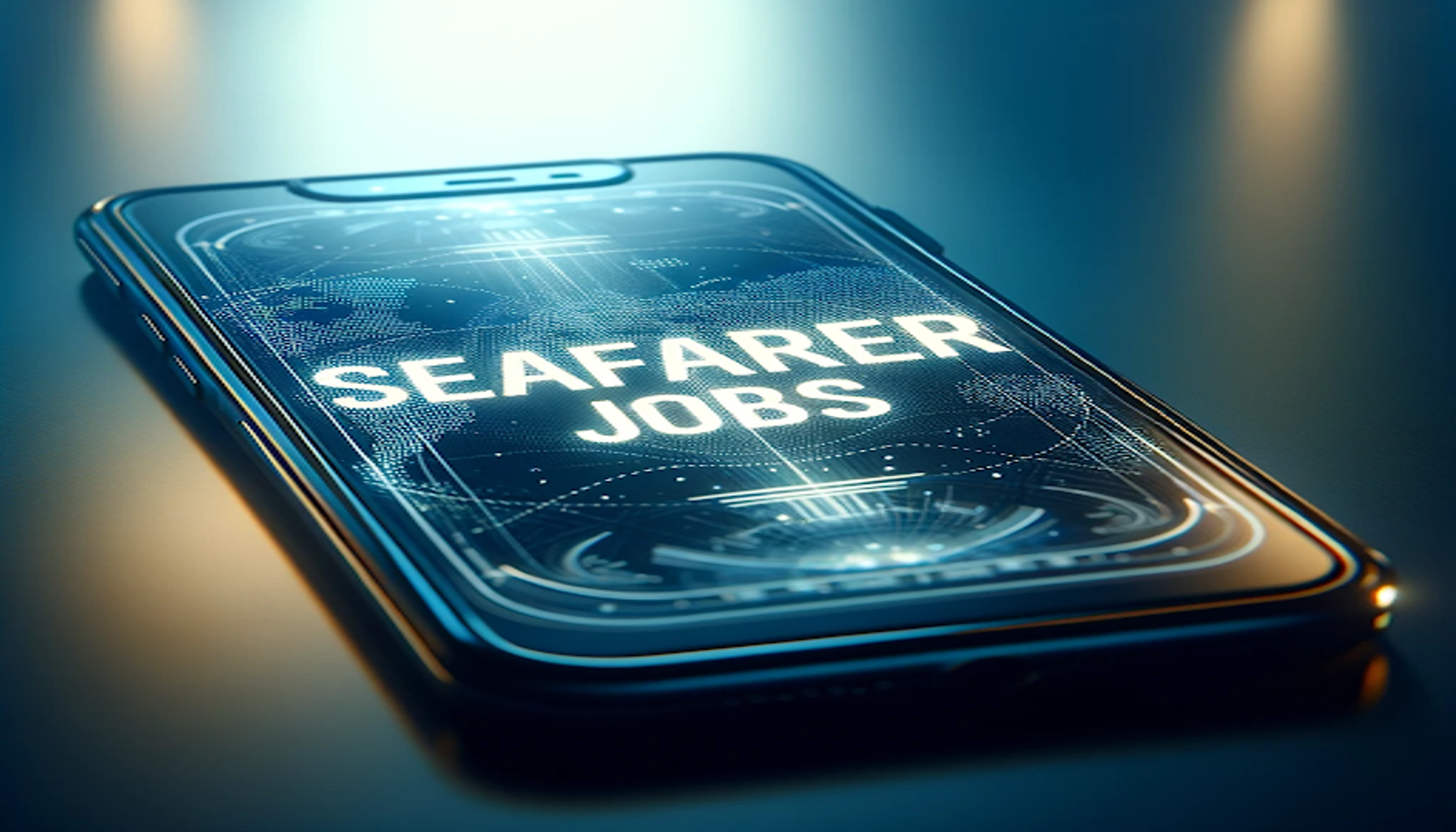
Are Generation Z young upstarts who haven’t earned their stripes? Maybe but employers have found new candidates are making greater demands than ever. And in a job market suffering from a skills shortage it’s vital your shipping company addresses this to attract top talent in the maritime industry.
Read more
Filling positions and growing your candidate database can be tricky in many sectors but in the maritime industry with its constant turnover of contracts and crew retention issues, it can feel like a never ending struggle.That’s why you must ensure the job adverts you post are, well, doing their job!
Read more
We know making sure you have a well-stocked candidate database is vital in maritime recruitment. But aligning some ranks and crew change dates can be easier said than done. And rushing to find not only that rank, but also the right seafarer in that rank, can be stressful. Here’s how Martide helps!
Read more
We’re facing a skills shortage. But there’s still a huge need for seafarers so for shipping companies or marine recruitment agencies to give up isn’t an option. What needs to change for shipowners to ensure they get first pick when looking for qualified seafarers who are looking for jobs at sea?
Read more
In shipping, not everyone is onboard when it comes to abandoning old practices and embracing new. Do your maritime recruitment agencies fall into that category? If you suspect the companies you use to fill your maritime jobs could be more efficient it’s time to take a look at who you partner with.
Read more
Are you a shipowner looking for a maritime recruitment agency to fill your seafarer jobs? Maybe you’re not getting results from your current crewing company. Perhaps you’re hiring a recruiter for the first time. Make sure you choose the right team for the job by reading this post first.
Read more
Finding the right crew to fill your seafarer jobs is hard if the maritime recruitment agencies you work with aren’t doing their jobs properly. You need to be sure the seamen they pick from their candidate database are right. So let’s look at how to choose a partner to help you fill your vacancies.
Read more
How can an Applicant Tracking System help you alleviate the stresses and strains caused by constantly worrying about filling your empty jobs at sea? Martide's maritime recruitment ATS is the answer.
Read more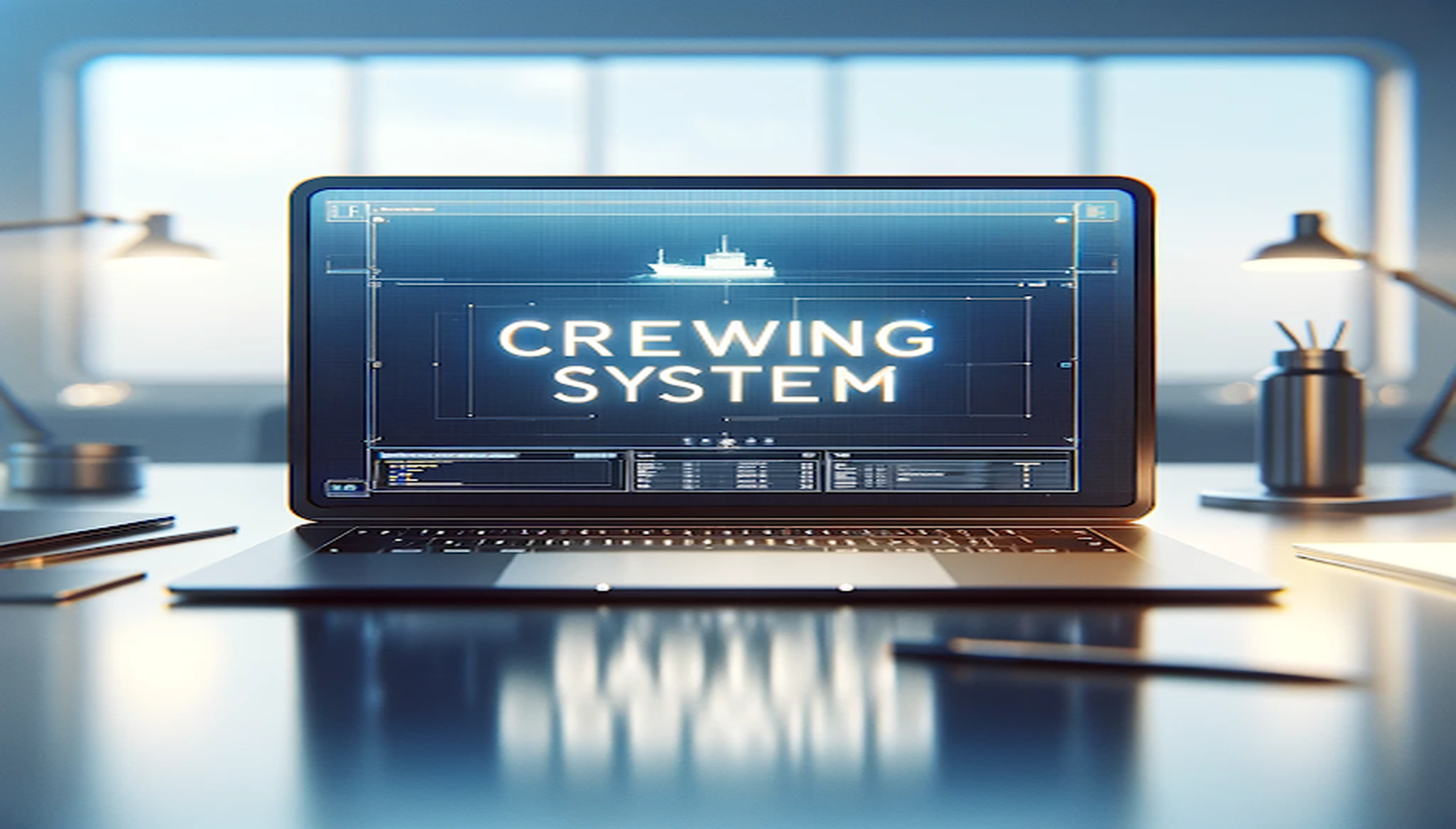
How can you make your life easier while also giving your maritime recruitment drive the shot in the arm it needs? What is the one thing you can do to reduce your time to hire, fill vacancies more quickly and easily, and grow your seafarer candidate database? It’s time to talk about crewing systems.
Read more
If you don’t have previous knowledge of an applicant to one of your seafarer jobs, candidate evaluation is crucial in maritime recruitment. Yes you need to hire someone qualified and experienced but you want to pick the right seafarer by learning more about their background and personality too.
Read moreIs it getting harder to fill your seafarer jobs in the maritime industry? Is the dwindling talent pool getting you down? Perhaps the amount of crew transitioning to shore-based jobs is taking its toll. If so join Martide as we investigate how social media can be a rich source of candidates.
Read more
Are you a shipowner or manager fed up with trying to grow your candidate database to fill your jobs at sea? We’d love to tell you there’s a quick fix solution - but there isn’t. However the good news is, there’s some sure-fire ways to make the never-ending maritime recruitment drive less painful.
Read more
When you’re looking for candidates to fill your seafarer jobs, you meet seamen ranging from cadets to experienced masters and chief officers. And somewhere in the middle of those age groups lie millennials. And you may find you need to adjust your traditional interview process to deal with them.
Read more
As a small to medium sized shipowner or manager, you don’t need us to tell you how busy you are. But if you’re not delegating to your team, you’re missing out on a trick. The thing is, in theory delegation sounds easy - but there’s more to it than simply telling someone to “Do that for me, please.”
Read more
Are you reading this blog post on your laptop or desktop computer? Or are you reading it on your phone? Why are we asking, you might wonder. But trust us, there is a point to this. And it can affect the way you run your maritime recruitment and crew planning operations. Welcome to mobile recruiting.
Read moreThe ATS was developed in the hopes of reducing the time and commitment required when a company is hiring. It helps in candidate selection, but the ATS also gives employers internal insight into their interviewing and hiring process.
Read more
You're a busy Crew Manager, Maritime Recruitment Officer or Manning Agent. Here's how Martide's User Groups help you delegate tasks to staff.
Read more
In this blog post we’re going to examine another way you can create better and more honest engagement with the seamen and women who apply for your maritime job vacancies, and therefore increase the chances of them remaining loyal to your shipping company. It’s time to talk about transparency.
Read more
If you think about it from a traditional point of view, it might seem a little strange needing a seafarer who lists coding, programming or other techie skills on his or her maritime resume. But times are changing and like many sectors, the maritime industry is now starting to embrace digitization.
Read more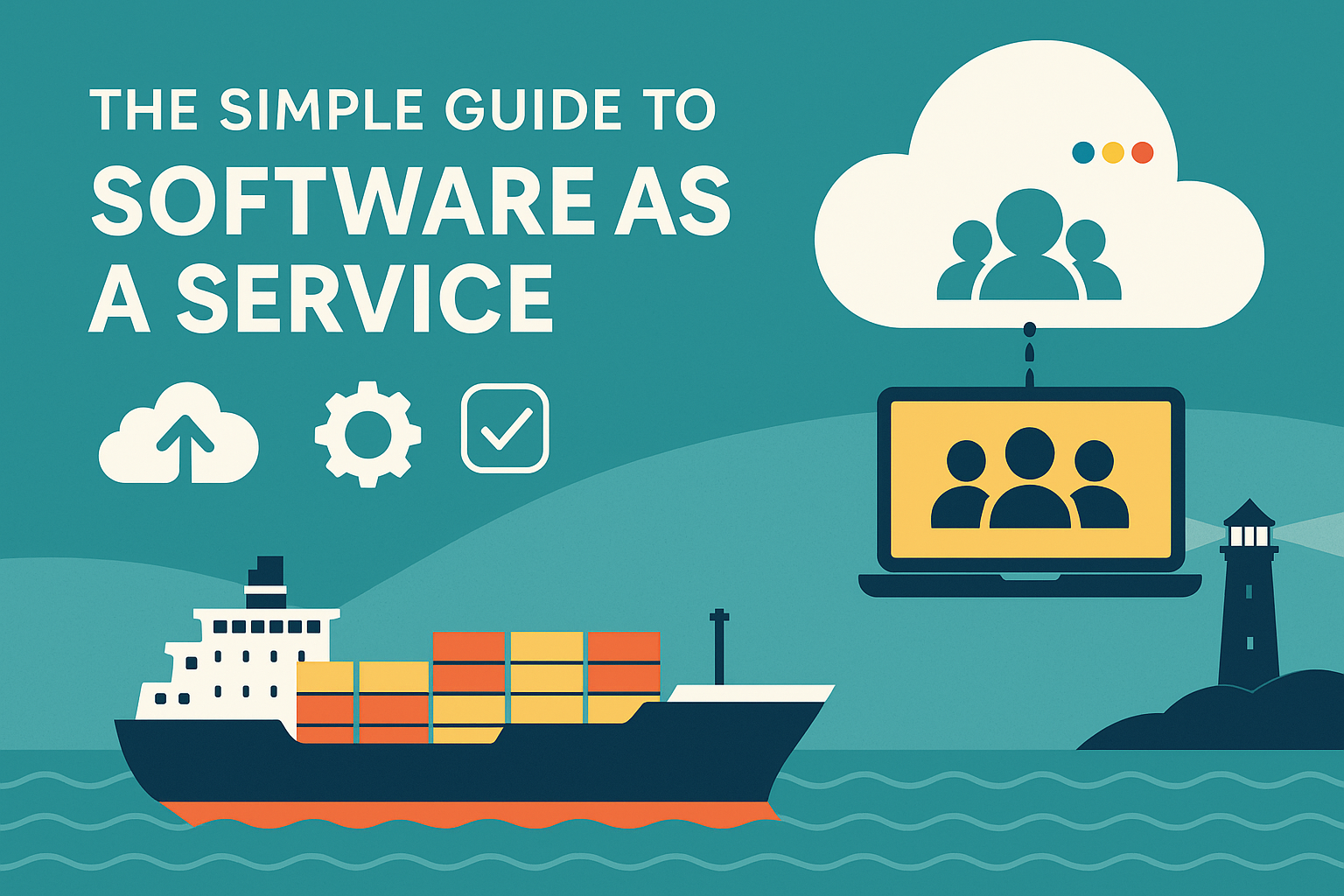
You’ve heard the term Software as a Service (SaaS) but are you 100% sure what it means and, more importantly, how it could help you run your shipping company or manning agency with more efficiency? A SaaS can be invaluable in streamlining maritime recruitment and crew planning so let’s take a look.
Read more
Martide does many things as a crew management and recruitment platform for forward-thinking maritime firms. But how do we keep your data secure?
Read more
Many manning agents who work with clients in the shipping industry are struggling to stand out amongst their sea of competitors. After all, crewing agencies are two-a-penny in traditional port towns and cities. But what are the reasons behind this issue? And could technology be the answer?
Read more
What are some of the steps that shipping companies can take to promote seafaring as a career and fill their vacant maritime jobs? The need to attract and retain seafarers is a huge issue and one we all need to step up to if shipowners can beat their marine recruitment headaches.
Read more
You know that you already have a lot on your table – managing your business, handling clients, taking care of your employees and seafarers – so it's best to have an A-team that can search for newcomers, who are ready to take part in your success.
Read more
You still need your maritime recruitment processes and crew planning systems to be working seamlessly if you go hybrid. But how? Here's how.
Read more
In maritime recruitment you’re not only hiring people for your shore based maritime jobs but also seafarers on contracts. It’s not surprising it can feel like your HR department is chasing its own tail half the time! We take a look at how you can simplify your maritime recruitment efforts.
Read more
If you’ve decided it’s time to start running your maritime recruitment & crew planning ops more efficiently, we need to talk about crewing systems!
Read more
The dictionary defines adaptability as “...being able to adjust to new conditions.” And it’s a crucial trait for the maritime industry to possess: future technologies have infiltrated every facet of our traditional sector and companies who bury their heads in the sand need to shape up or ship out.
Read more
Whether you're a Crew Manager, Recruitment Officer or you work in a maritime job at sea, there's no time like New Year to plan for the year ahead
Read more
It’s no secret that candidates ghost employers In your small to mid-size shipping company or manning agency, you’ve probably had your fair share of applicants who’ve gotten halfway through the recruiting process and then - poof - suddenly disappeared without trace.
Read more
Welcome to Martide. We’re thrilled that as a shipowner or manager you’ve decided to simplify your maritime recruitment processes and crewing systems by joining us! If you created a Martide account and are wondering what to do next, read on as we take you through five steps to get you up and running.
Read more
Times have changed and deciding whether or not to "go digital" is no longer something you can afford to consider in maritime recruitment today. If you're not embracing technology in your shipping company, you're going to fall behind your competitors.
Read more
Businesses are constantly building their strategies to adapt to an ever-changing world. This is now even more vital with the changes brought about by the pandemic. One business strategy that’s rapidly transforming is talent acquisition as recruiters struggle to adjust to a remote hiring process.
Read more
Good news - the vacancies for your jobs at sea that you’ve advertised have attracted some applications and it’s time to create a shortlist of candidates. Now you’ll need to send each of them a short email updating them on the status of their application.
Read more
Keeping track of who is who can be challenging when interviewing a lot of seafarers. How can evaluation forms make maritime recruitment easier?
Read more
Attracting good seafarers during your maritime recruitment ops is one thing. Keeping them is another! Here's 9 crew retention strategies to help.
Read more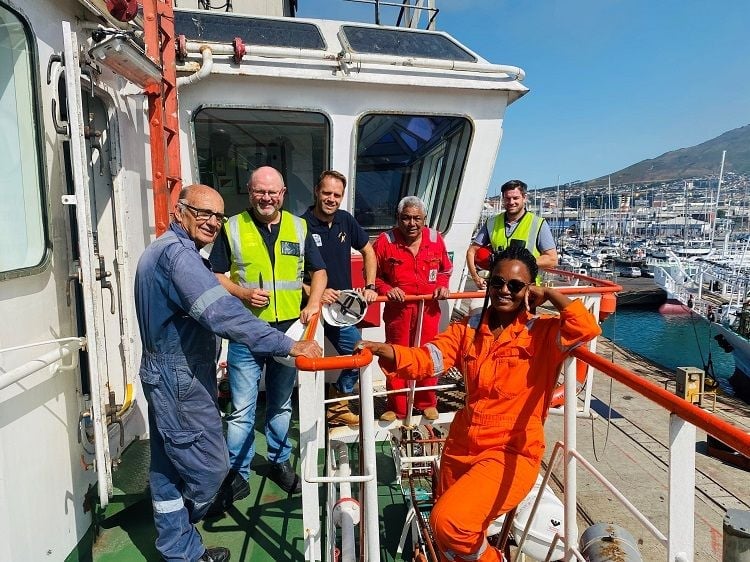
If you’re a small to medium-sized shipping company who wants to enhance your maritime recruitment operations and you’re either looking to work with a manning agency for the first time or you’re seeking to switch maritime recruitment suppliers you might be wondering what makes a good manning agent.
Read more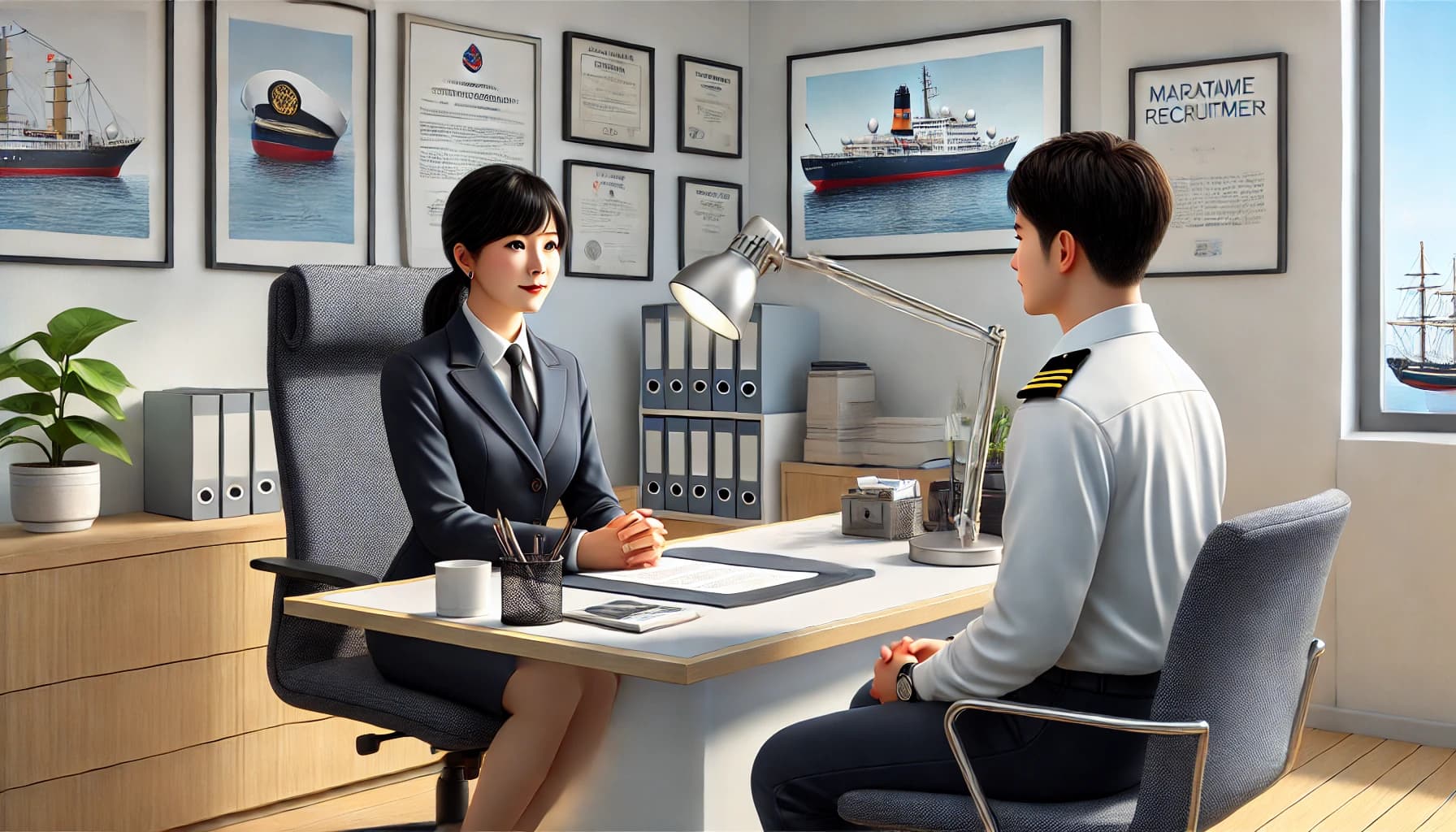
If conducted well, the interview gives the employer a chance to ascertain whether an applicant's qualifications, background, and personality match those of the position.
Read more
Job ads have evolved from printed ads on posters and newspapers, to advertisements on TV, to online websites on the computer, up to the job-hunting apps in smartphones that we have today.
Read more
Whether you’re new to recruitment and interviewing, you’re making the switch from phone interviews to video interviews, or you just feel that some of your hiring team could do with a refresher course, we’ve written this blog post as a guide to successful online maritime recruitment interviews.
Read more
Martide loves technology, especially crewing systems! We use our passion and knowledge to help fuel the maritime industry. Tech should make life easier by eliminating mundane tasks and letting you focus on the core of your job.
Read more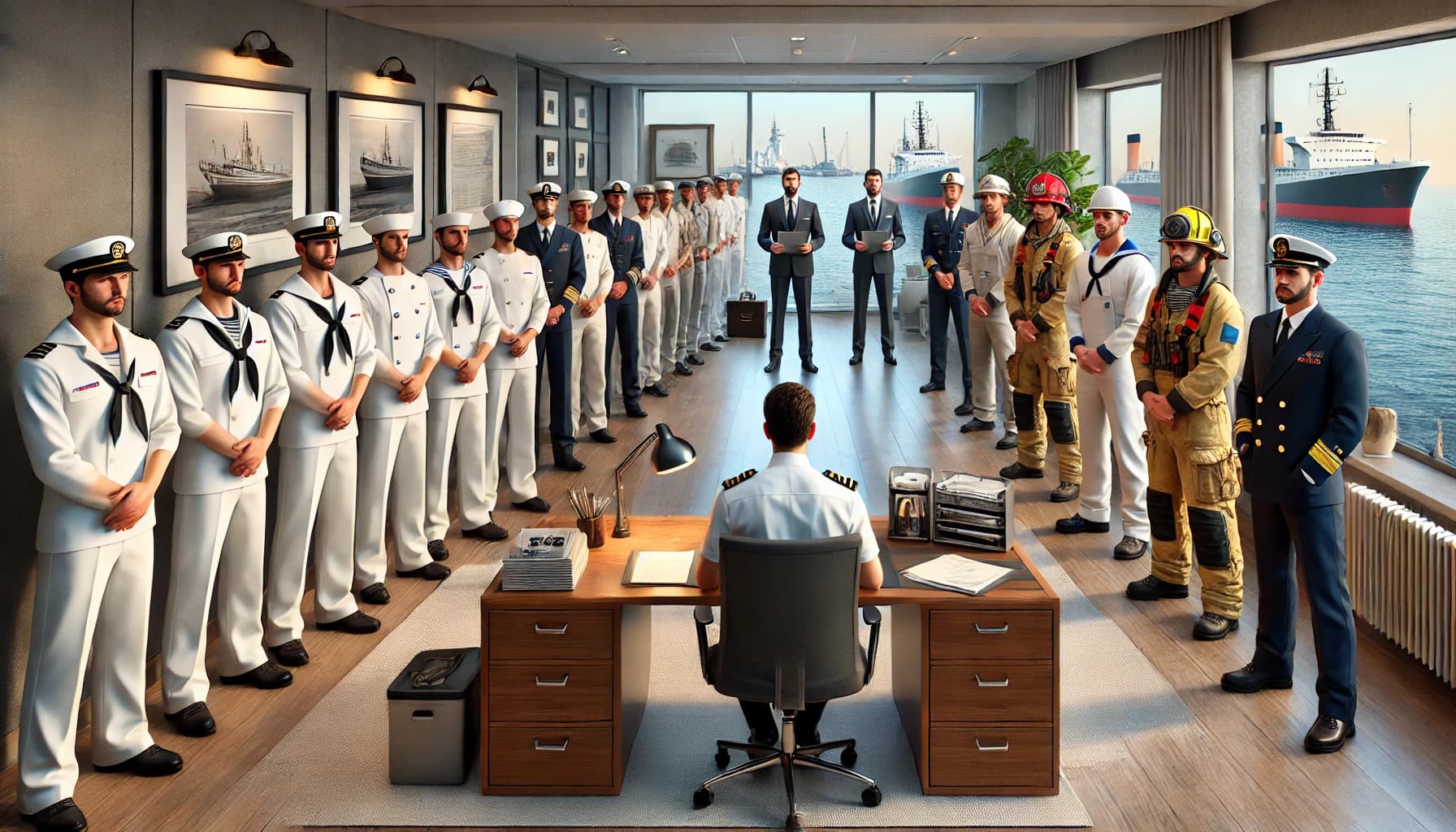
In maritime recruitment, you can't rely on the best seafarers applying organically for your jobs anymore. To be successful long term you must be proactive, targeting the candidates that are a great fit for your shipping company and building a relationship with them.
Read more
As a company working in maritime recruitment we know that when it comes to sourcing top talent for your jobs at sea your recruitment emails need to be top notch. But it’s unrealistic to think you’re going to handcraft every email you send to every candidate. Which means turning to email templates.
Read more
As a manager or manning agent working in maritime recruitment or crew planning in the shipping industry, you know how important it is to make sure that your office staff - your recruitment operators and your crew planners - are motivated and productive. Here are some tips to make sure that happens!
Read more
Talent pools are a bit of a recruitment buzzword. People love talking about them, about how to deepen their pool and how to go about creating one. Put simply, the deeper your talent pool is (the more candidates it has in it) the quicker it will be for you to find the right person for your vacancy.
Read more
If you’re a manning agency, you don’t need us to tell you that you have a lot of competition - especially if you are located in a country where seafaring is one of the biggest professions. So how do you make sure you stand apart from that competition and attract more clients and better seafarers?
Read more
There will be a predicted shortage of 89,510 officers by 2026. To prevent this, employers will need to attract and retain as many potential seafarers as possible. We take a look at a few benefits you can offer to appeal to new recruits to offset any potential shortages.
Read more
Collaboration is a word that gets thrown around a lot and as a result it can feel a bit meaningless. But in maritime recruitment and crew planning, collaborating with coworkers can mean the difference between an efficiently run department and one that’s struggling to meet crew change dates.
Read more
You advertise your seafarer jobs. A candidate applies. They’ve the right qualifications, their documents are valid. You interview them and they’re a great fit for your vessel. You negotiate salary, offer them a contract and then...nothing. They disappear. Welcome to the world of candidate ghosting.
Read more
The nature of jobs at sea mean crew of all levels find themselves working alongside people who hail from different cultural backgrounds, and who speak a different language. How can seafarers overcome those language barriers?
Read more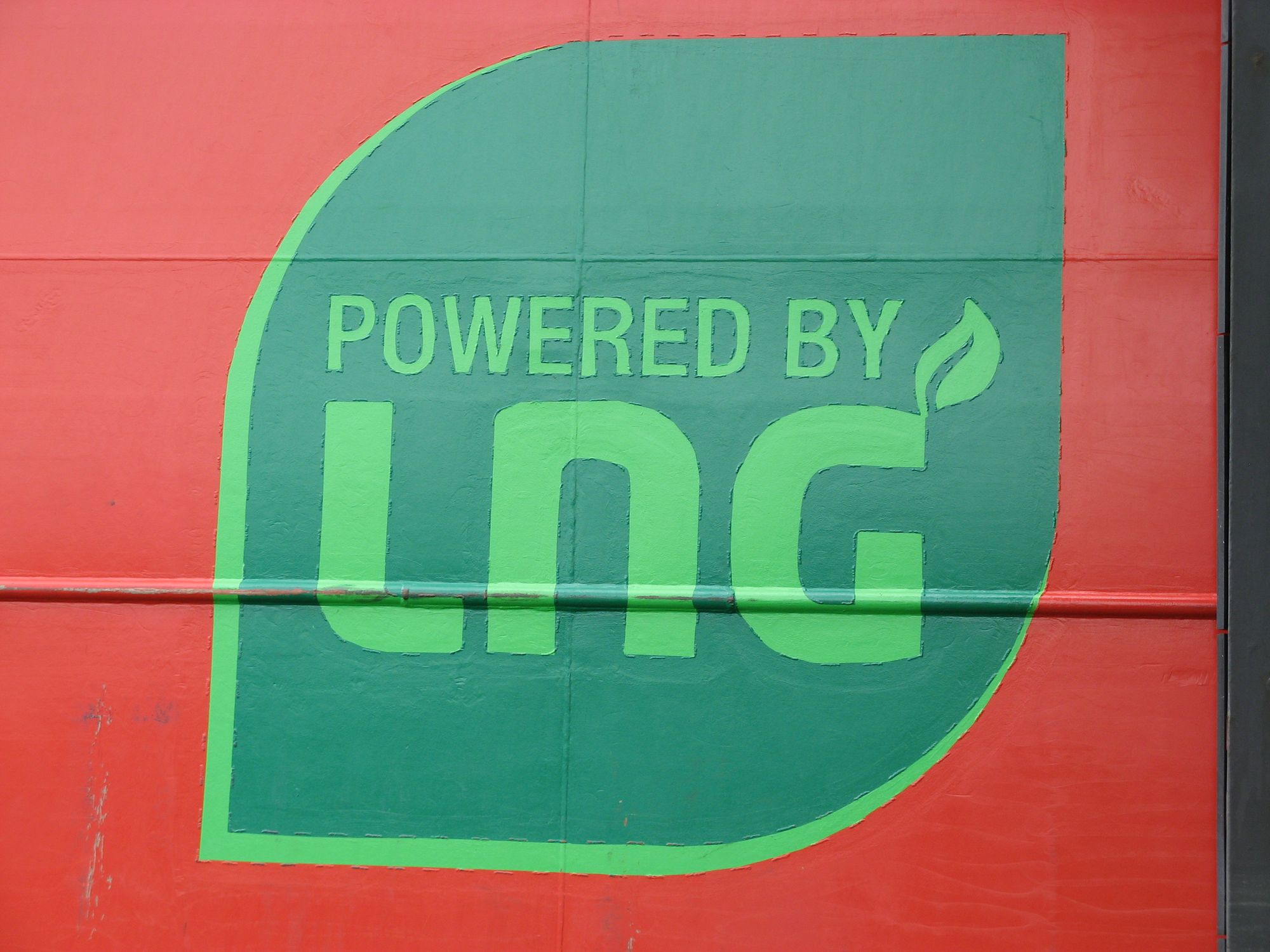
LNG fueled ships are potentially changing the future of the maritime industry. Liquefied Natural Gas has been proven to be a feasible replacement for oil based fuel. But as with any new marine tech this game changer for commercial shipping doesn't come without issues.
Read more
Filling empty seafarer jobs with qualified crew can be time consuming and frustrating. You can remove some of that headache by encouraging your contractors and employees to refer friends, acquaintances and former co-workers they think will be a good fit for your shipping company.
Read more
Being the bearer of bad news is never nice but when it comes to candidate rejection emails it’s better to bite the bullet. Sure, you could just ignore seafarers who haven’t made the grade, but as a marine recruitment agency we think it’s better to tell your unsuccessful applicants. Here’s why.
Read more
In this blog post we’re going to look at seafarer sourcing from a slightly different perspective and talk you through how using Martide’s maritime recruitment and crew management Software as a Service solution can help you with your seaman recruitment woes. Let's get straight down to it!
Read more
There are so many moving parts in maritime recruitment and crew management in this industry that adopting cloud computing and integrated crewing systems has to be the way forward. Here's how Martide can help.
Read more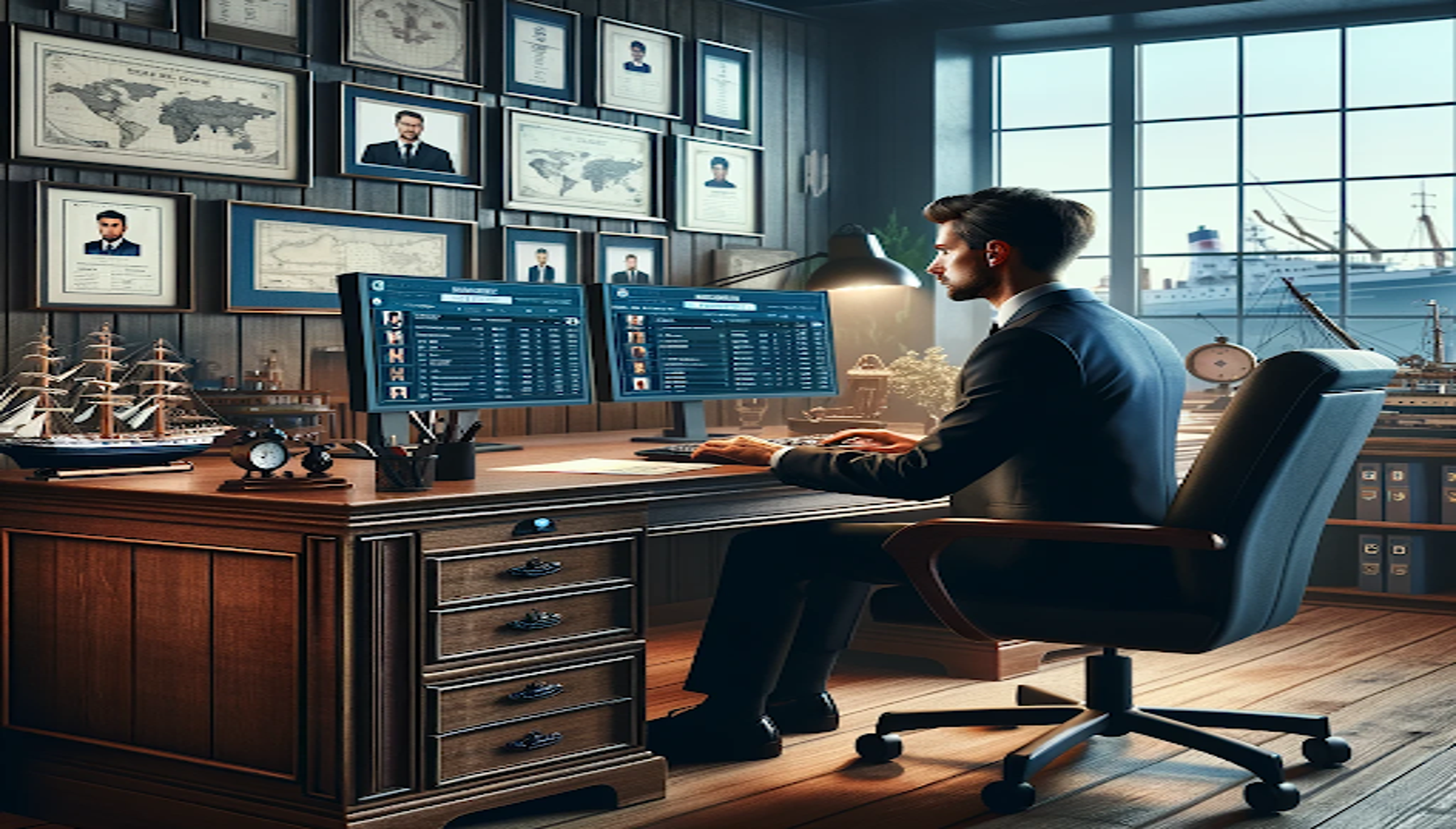
Can your shipping company afford to operate without a Head of Talent? Considering the current skills shortage in the maritime industry the answer may be “No.” Talent acquisition is vital if you want to stay ahead and a busy shipowner needs someone to take care of maritime recruitment for them.
Read more
The shipping industry isn’t immune to the impact technology is having on the workplace. We are living, working and crewing in an age that requires us to be more switched on than ever. So should you be hiring more tech savvy seafarers to fill your jobs at sea?
Read more
Not convinced that your employees and contractors can help you fill your vacant seafarer jobs? What if we told you that your employees’ social media posts are likely to be way more effective than your official business or company page? How much is ‘way more’? It’s about eight times more.
Read more
Our online assessment tests make maritime recruitment easier by ensuring seafarers meet your shipping company or manning agency's needs.
Read more
To make maritime recruitment processes more streamlined and less time consuming we’ve created Alternative Documents. Usually when you post seafarer jobs on Martide you specify which certificates you need a seafarer to hold before they can apply. Alternative Documents let you override that.
Read more
What is a hiring team and how can it help you streamline your maritime recruitment operations so that you can meet crew change dates with ease?
Read more
When you work in maritime recruitment and crew planning being organized is crucial. You have so many different aspects of the job to deal with that it can feel like you’re juggling twenty tasks at once. In fact, maritime recruitment can feel like regular recruitment on steroids sometimes!
Read more
If you’re a shipowner using maritime recruitment agencies to fill your jobs at sea, you need to know you’re getting good value for money. Luckily there's ways to tell if the agency or consultant you work with is fulfilling their obligations, and one of those is looking at how responsive they are.
Read more
At Martide, we know that as a shipowner or ship manager working in a small to medium sized shipping company, your days are hectic: maritime recruitment, crew management...the list goes on. That’s why we’ve made it far easier for you to stay in touch with candidates, seafarers and manning agents.
Read more
The need for tech savvy people and seafarers means many shipping companies struggle to attract employees and contractors who have the latest technical skills. There’s a number of reasons and we take a look at some of them and consider how to address the lack of tech talent in the maritime industry.
Read more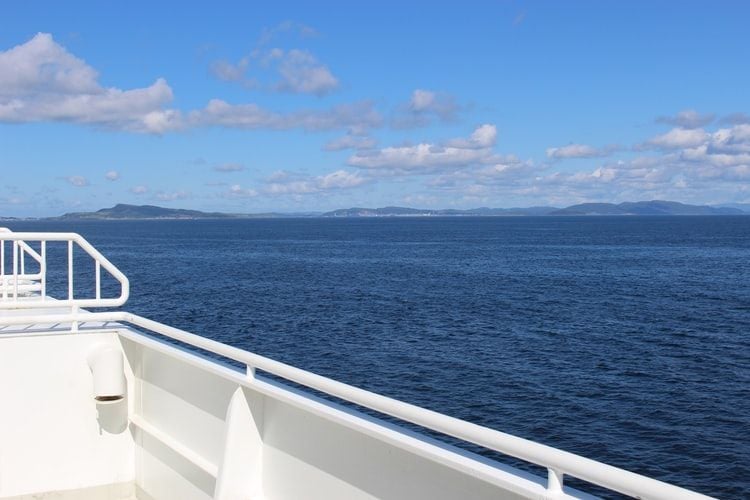
Do you feel like you should be getting more candidates applying for your seafarer jobs? You know your company is great to work for but applicants are either not coming through the door or are dropping out of the process halfway through. Could there be an issue with your maritime recruitment process?
Read more
You may think that coming from a company who helps shipowners streamline maritime recruitment operations the title of this post is a biased. And you might be right! But stick with us as we explain why only working with one recruitment agency in the maritime industry makes more sense than you think.
Read more
Wondering why recruiting the right seafarers for your maritime jobs is such hard work? All you want is to fill your empty seafarer jobs positions with suitable candidates but it seems to be increasingly difficult to hire top talent. How can shipping companies eliminate staffing headaches for good?
Read more
Of all recruitment emails a job offer is the one that you need to send as quickly as possible. It’s no secret that shipping companies and maritime recruitment agencies are suffering from a lack of candidates. That’s why if you’ve interviewed top talent let them know before they accept another offer!
Read more
Using integrated technology to find candidates is far from new. But some companies in maritime recruitment and the industry have fully embraced it by taking the sluggish processes within traditional recruitment systems, refining them, and combining them into one powerful tool for efficiency.
Read more
Are you looking for a simple way to solve your maritime recruitment challenges? Martide has created a mobile app for seafarers that gives them easy access to all of your jobs at sea. It also allows you to stay in touch with them (and them with you) no matter where in the world you both are.
Read more
Screening candidates for seafarer jobs on social media is free, quick and easy. BUT there are things to watch out for. Martide takes a look at a few of the pitfalls to help you as a small to medium sized shipping company decide whether or not candidate screening on social media is right for you.
Read more
There’s nothing more frustrating than seeing the best of your candidates finish a contract, disembark from your vessel, head home for a rest...then disappear never to be heard from again. Crew retention issues are stressful! Here’s why listening is a crucial tool in the war against vanishing crew.
Read more
Anyone working in maritime recruitment must be proactive: skilled candidates won’t drop in your lap. It’s frustrating to find the perfect applicant but struggle to get their attention to make them realize they’re perfect for your vacancy. So how do you engage with qualified seafarers?
Read more
Crew managers and manning agents love our Data Templates function! We created it so you can set your exact requirements for your jobs at sea. Data Templates make it easy for you to manage different requirements, however big or small.
Read more
If you’re struggling to retain seafarers at the end of contracts there’s an issue with your crew retention strategy. Being unable to keep the best seamen and seeing them walk away to line up their next contract with your competitors is frustrating and costly. So how do you stop crew jumping ship?
Read more
Social media is a polarizing topic but whether you love it or hate it, one thing’s for sure and that is that companies need it. And that includes your small to medium sized shipping company. Don’t believe us? We look at some of the reasons why you should consider having a social media presence.
Read more
There are so many different moving parts to maritime recruitment that surely anything you can do to make your life easier is a good thing, right? Scratch that, it’s a great thing! And one of those elements of the marine recruitment process is, of course, your job interviews with seafarers.
Read more
That there is a lack of women in maritime jobs will come as a shock to absolutely no-one. The reasons why have been discussed at length so how does the industry encourage females and increase the number of women at sea? After all, this rewarding career and a life at sea should be open to all!
Read more
Newcomers to Martide’s maritime recruitment and crew management solution might wonder what the difference between our Existing and Approved Networks of manning agents is. So if you’re one of those manning agents - or a shipowner - you’re in luck as we’re going to explain exactly that in this post!
Read more